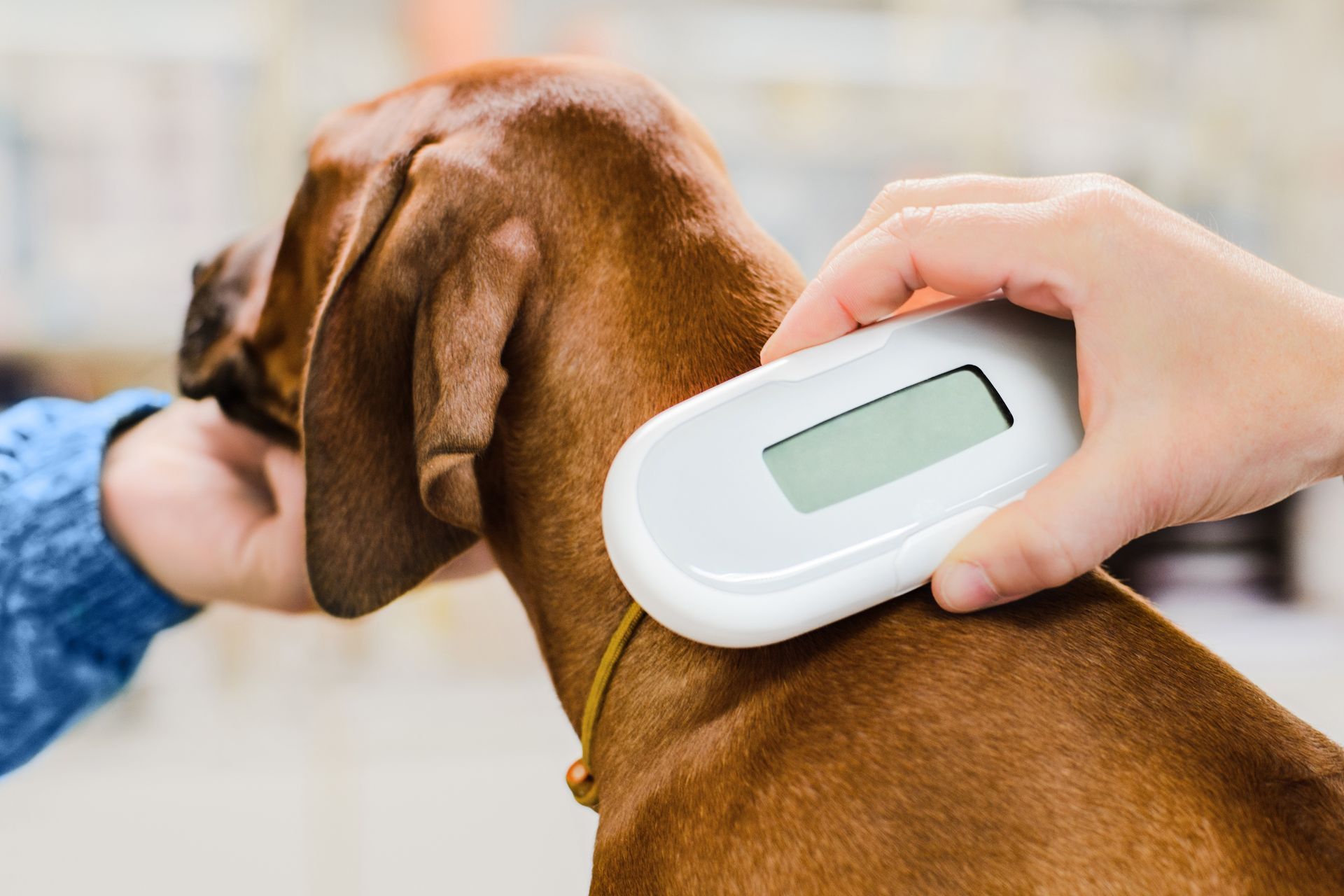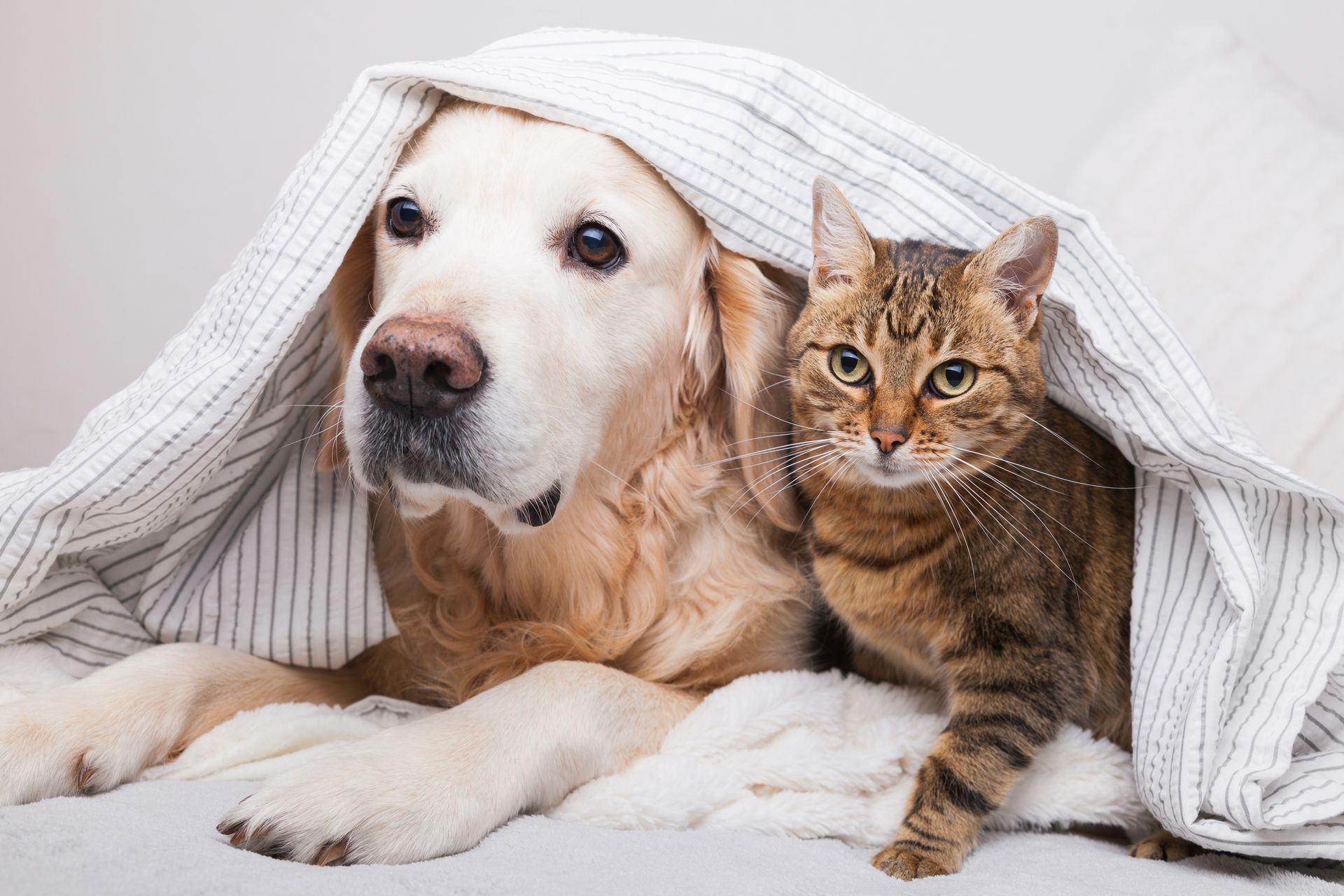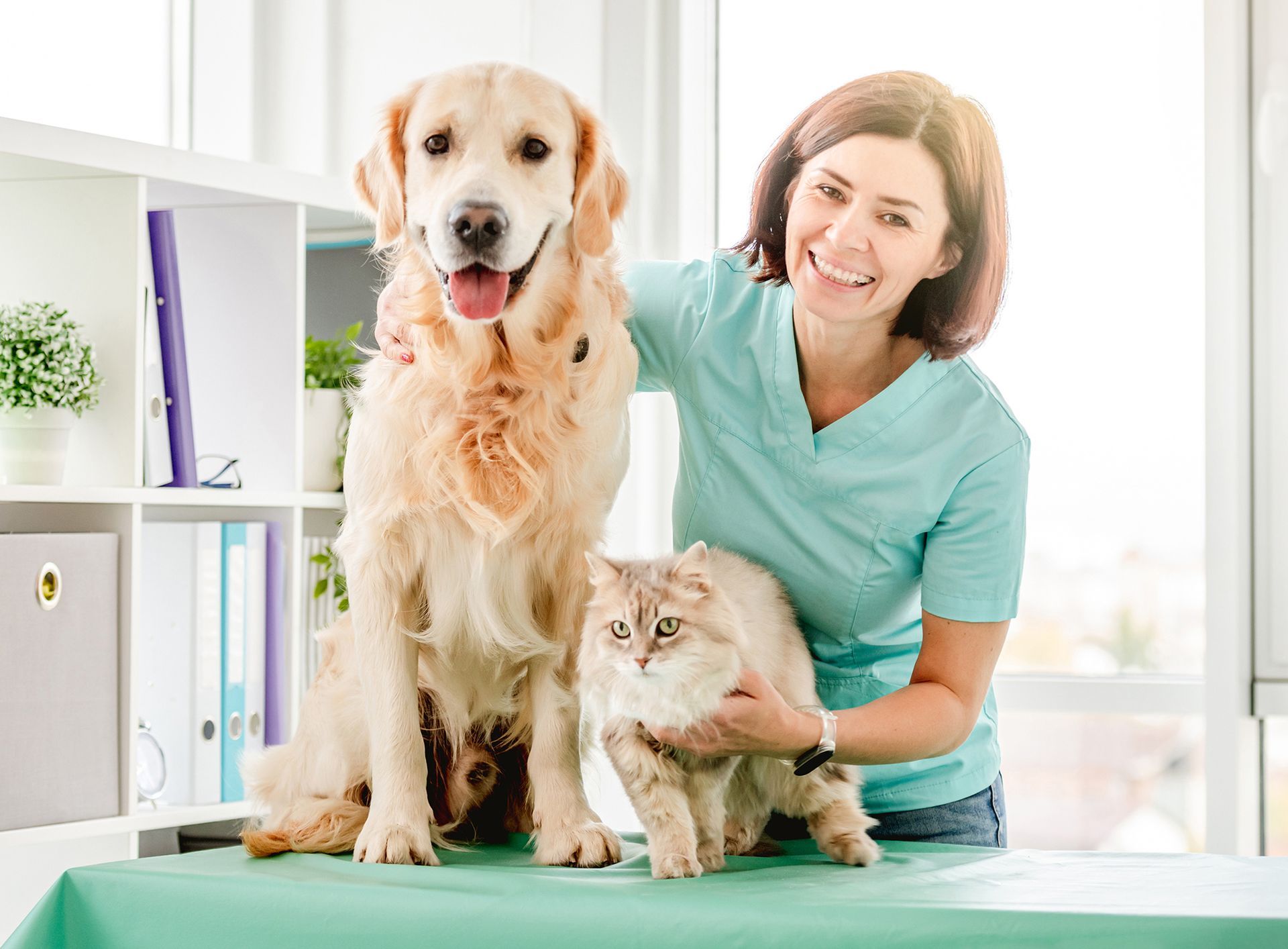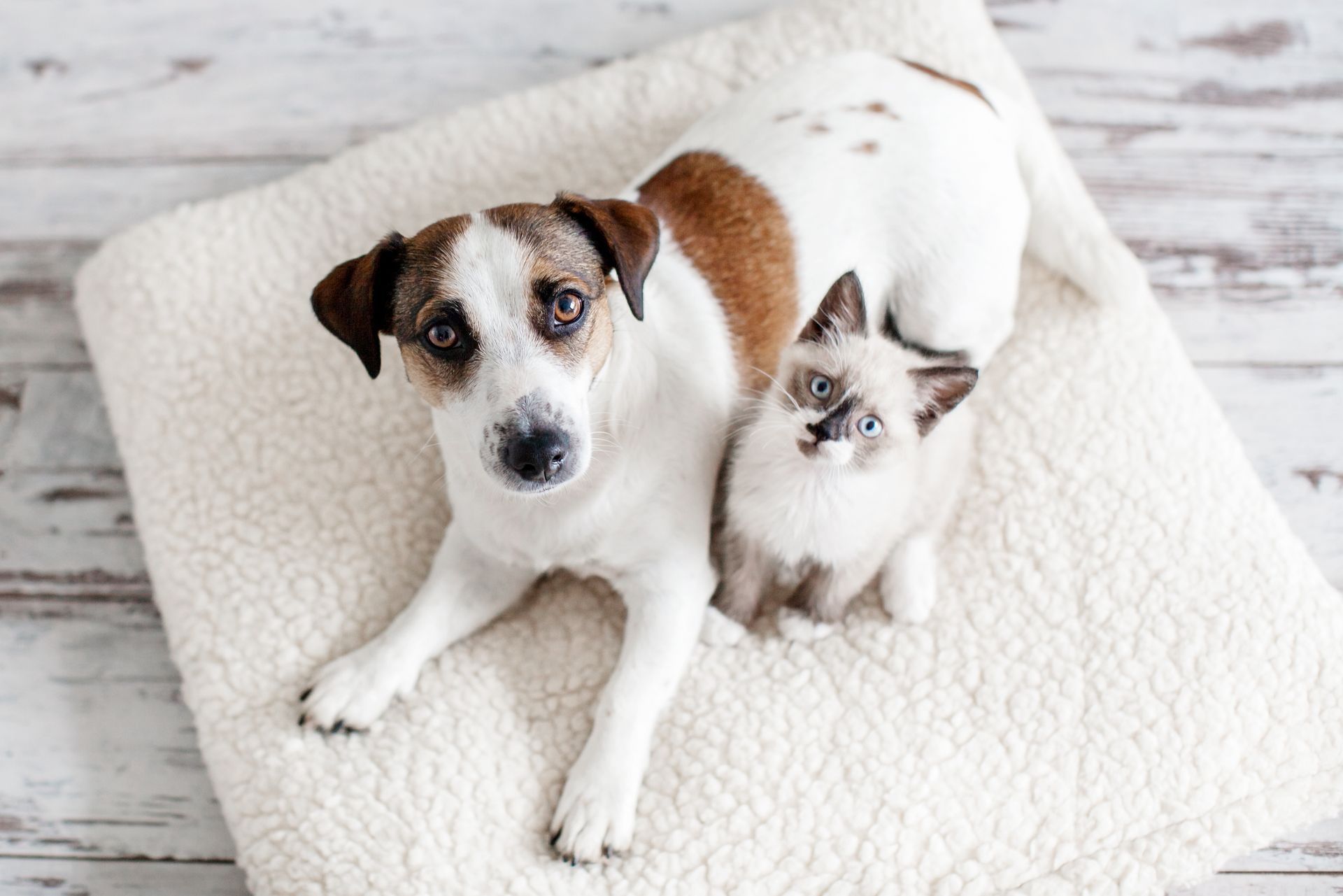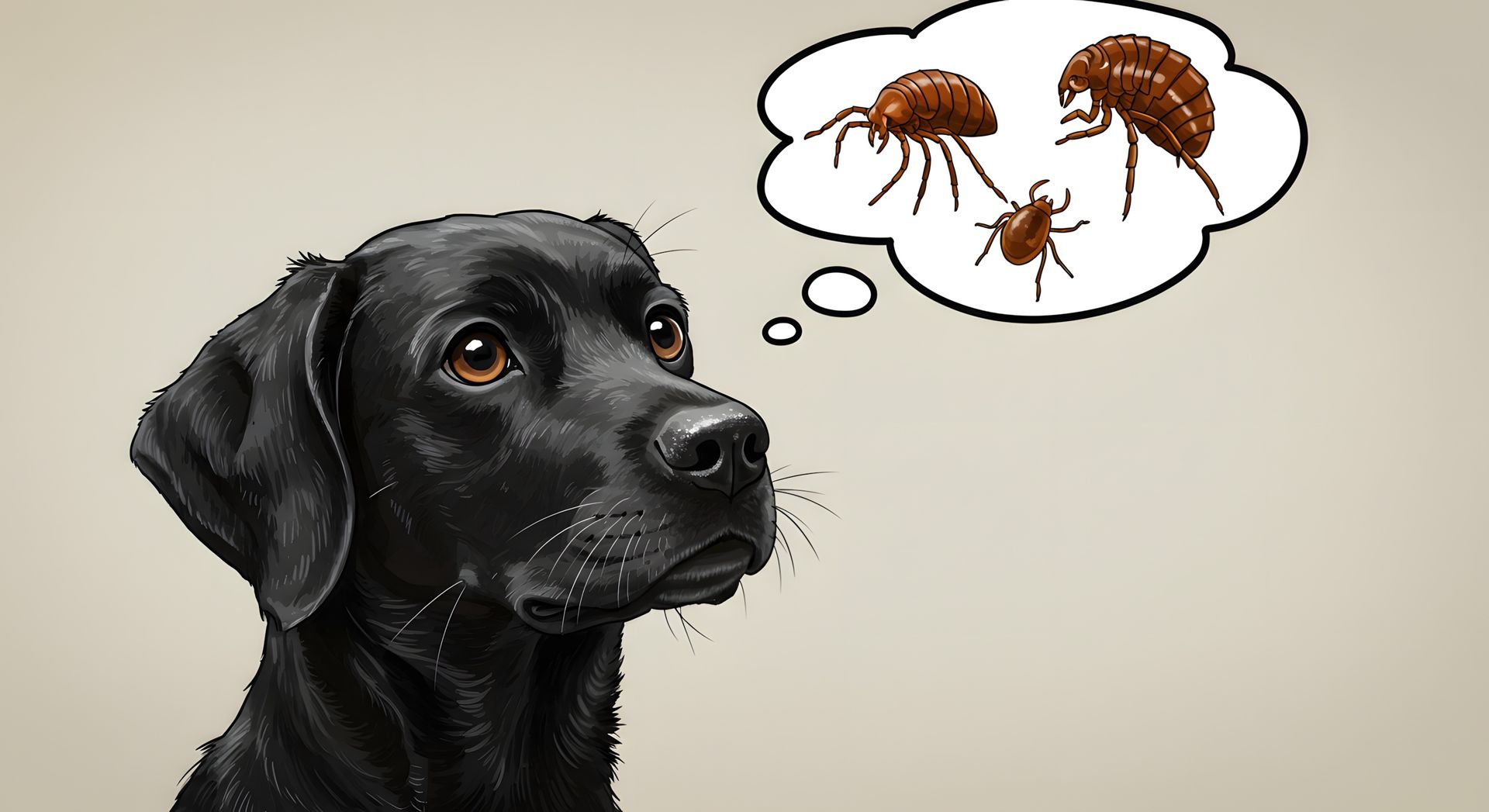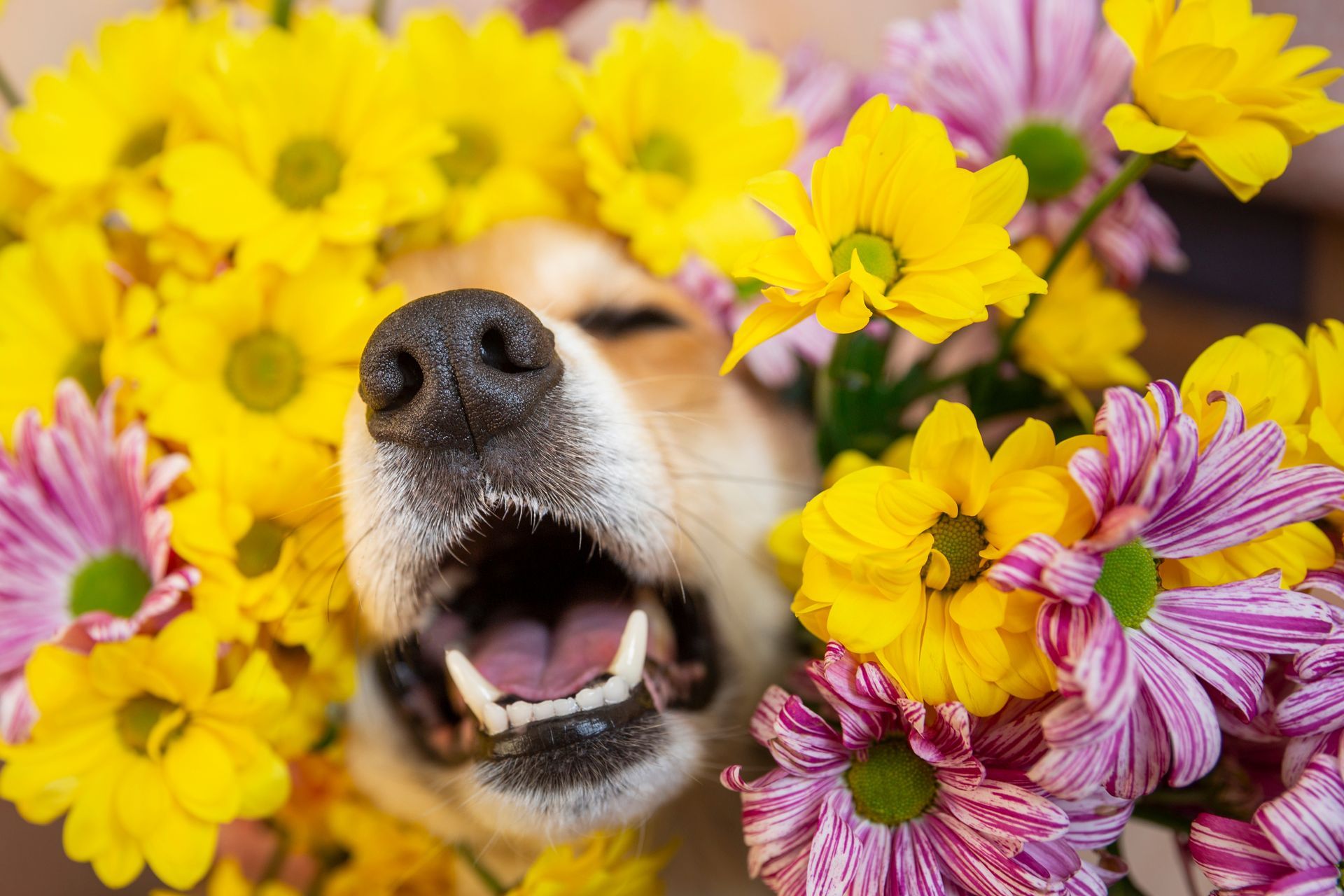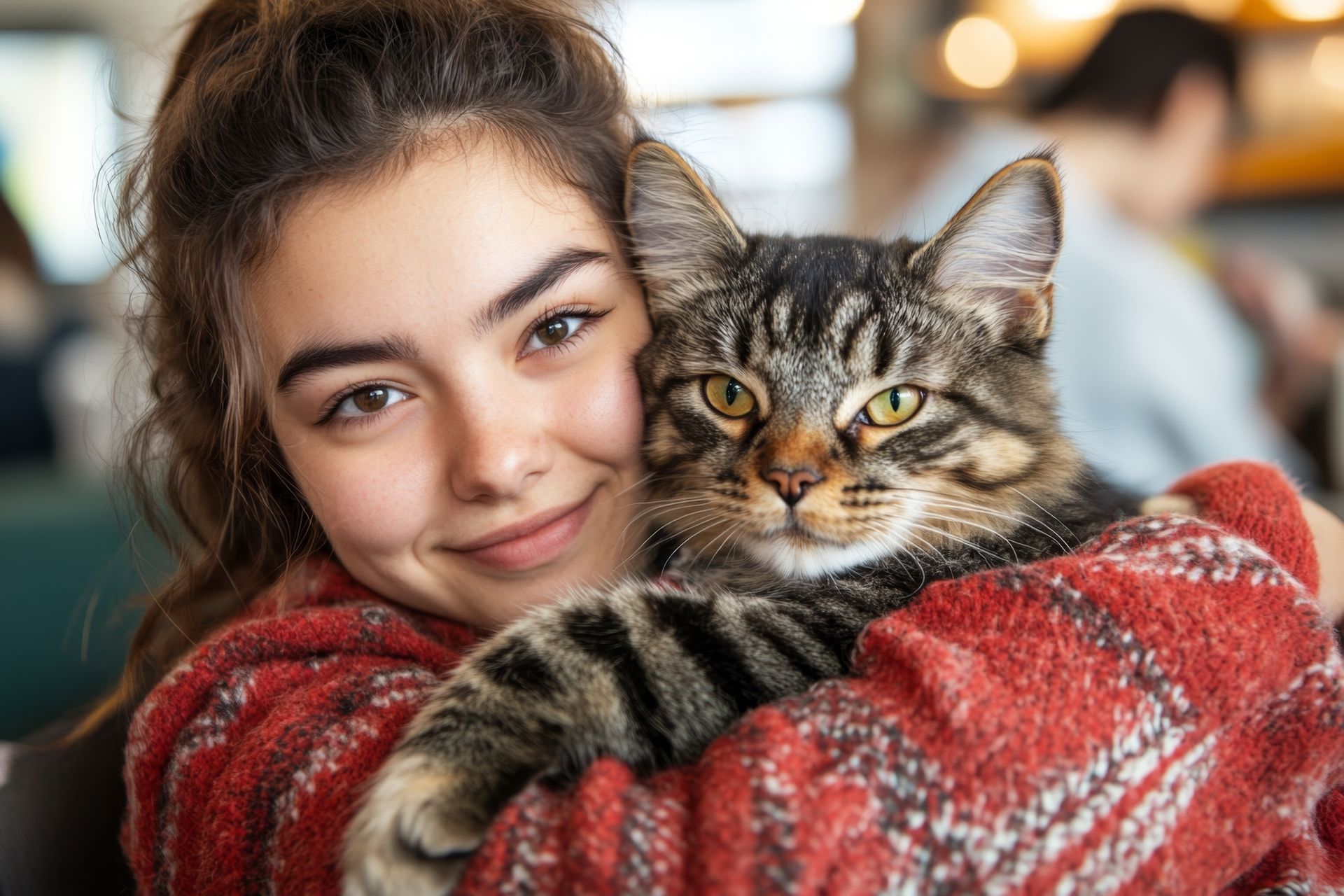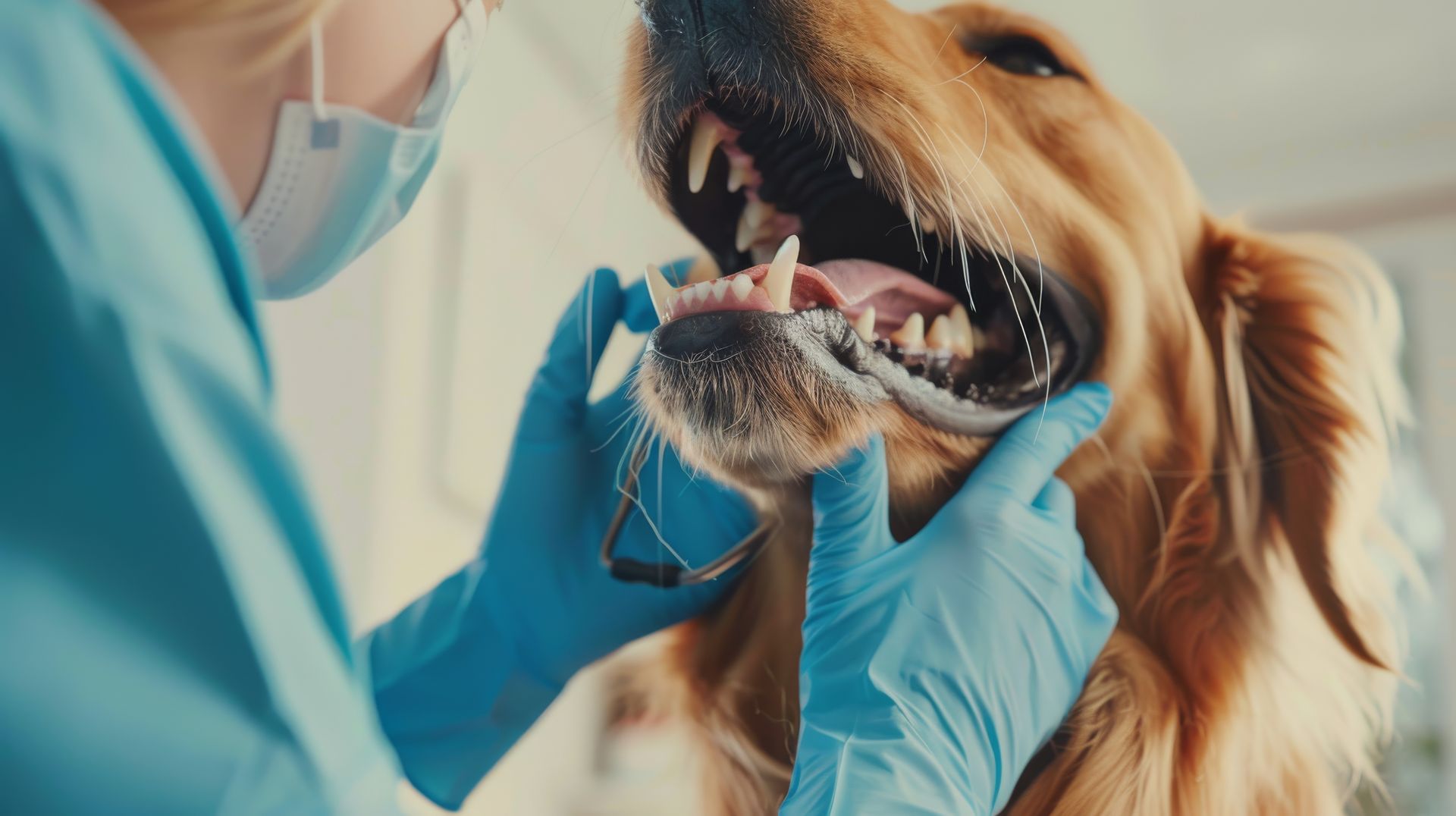Preparing Pets for Back-To-School Season
As summer comes to a close and families gear up for the back-to-school season, it's important not to forget about our four-legged family members. The transition from a bustling summer filled with activities to a quieter home during school hours can be challenging for pets. At Castle Hill Animal Hospital, we understand the importance of ensuring a smooth adjustment for your pets. Here are some expert tips to help your furry friends adapt to the new routine.
Gradually Adjust Routines
Pets thrive on routine, and sudden changes can cause anxiety and stress. Gradually adjust your pet's schedule to match the upcoming school routine. If you plan to wake up earlier for school, start adjusting your pet's feeding and walking times a few weeks before school starts. This will help them get used to the new schedule slowly.
Create a Safe Space
Designate a comfortable and safe space for your pet to retreat to when the house becomes quieter during school hours. This can be a cozy corner with their favorite bed, toys, and some soothing background noise, such as a radio or white noise machine. Having a dedicated space can help reduce anxiety and provide a sense of security.
Maintain a Consistent Exercise Routine
Regular exercise is crucial for keeping pets healthy and happy. Ensure your pet gets ample exercise before and after school hours. Morning walks or playtime can help burn off excess energy, making it easier for them to relax during the day. Evening activities can help them unwind and reduce any built-up anxiety from being alone.
Provide Mental Stimulation
Boredom can lead to destructive behavior in pets. Keep their minds engaged with interactive toys, puzzle feeders, and treat-dispensing toys. Rotate toys regularly to keep things interesting. Additionally, consider leaving a few toys with your scent to provide comfort while you're away.
Gradual Alone Time
If your pet isn't used to being alone, start practicing short periods of separation. Begin by leaving them alone for a few minutes and gradually increase the duration. This will help them build confidence and reduce separation anxiety when the family is away for longer periods.
Consider Pet Daycare or a Pet Sitter
For pets that struggle with being alone, consider enrolling them in a pet daycare or hiring a pet sitter. These services provide social interaction and attention, helping to alleviate loneliness and boredom.
Stay Calm During Goodbyes and Hellos
Pets are highly perceptive and can pick up on your emotions. Keep goodbyes and hellos calm and low-key to avoid creating anxiety. Avoid making a big fuss when leaving or returning home, as this can heighten their anticipation and stress.
Monitor for Signs of Stress
Keep an eye out for signs of stress or anxiety in your pet. Common indicators include excessive barking, chewing, digging, or changes in eating and sleeping patterns. If you notice any of these signs, consult with your veterinarian at Castle Hill Animal Hospital for guidance and support.
Maintain Regular Vet Visits
Regular veterinary check-ups are essential for your pet's overall health and well-being. Schedule a visit to Castle Hill Animal Hospital to ensure your pet is in good health and to discuss any concerns you may have about their behavior during the transition.
Spend Quality Time Together
Ensure you spend quality time with your pet when you're home. Whether it's cuddling on the couch, playing fetch, or going for a walk, these moments strengthen your bond and provide emotional support for your furry friend.
Preparing your pets for the back-to-school season doesn't have to be stressful. By gradually adjusting routines, providing a safe and stimulating environment, and maintaining regular exercise and vet visits, you can help your furry friends navigate this transition smoothly. At Castle Hill Animal Hospital, we're here to support you and your pets every step of the way.
Contact us today for more tips and to schedule your pet's next check-up.
Is your pet ready for the back-to-school season? Schedule a visit with Castle Hill Animal Hospital today to ensure a smooth transition for your furry friend. Contact us at
(469) 962-2060 or visit our website at
https://www.castlehillsvet.com/ to book an appointment.

